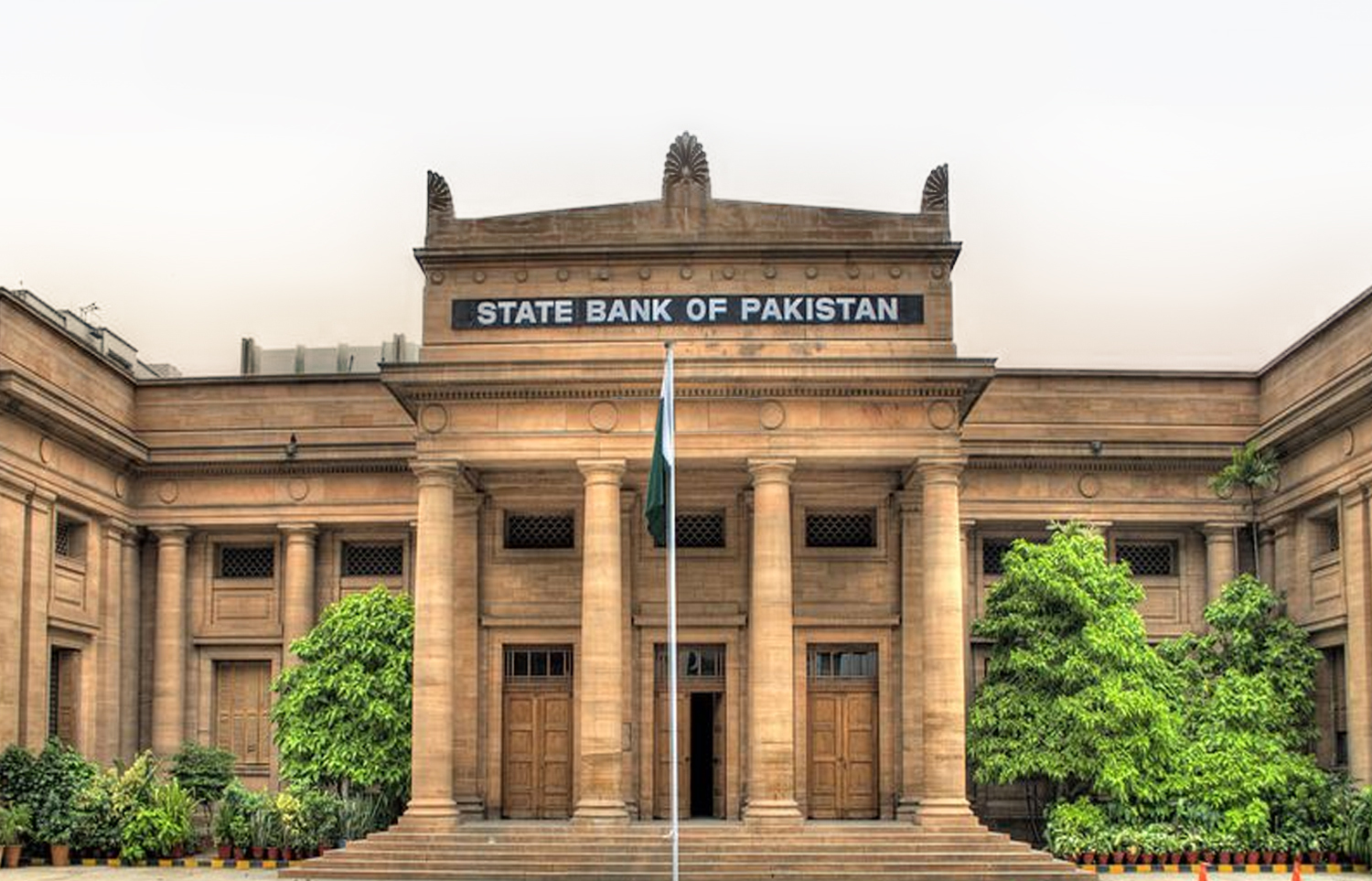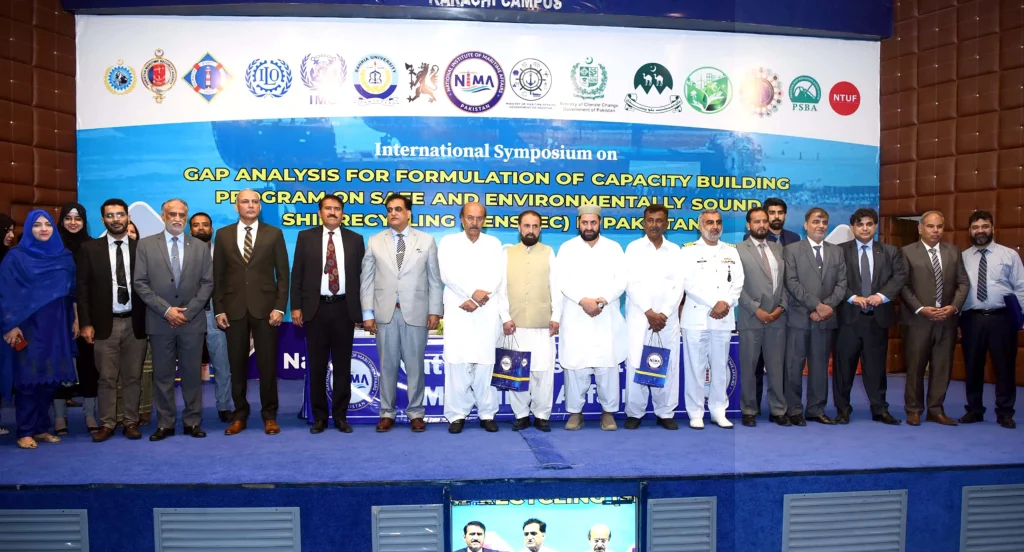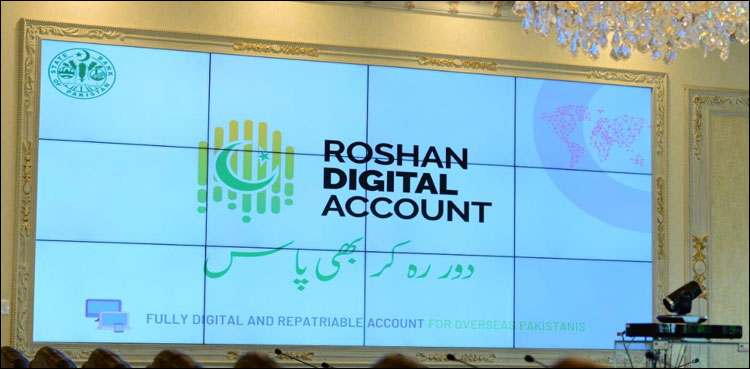- Number of taxpayers who hold properties do not declare them in wealth statements.
- Such property is declared after the passing of stipulated holding period.
- After passing of such period, the capital gain is claimed as exempt by them.
ISLAMABAD: The Revenue and Resource Mobilisation Commission (RRMC) has recommended a major amendment for slapping the capital gains tax (CGT) on the disposal of immovable property in the coming budget.
According to the amendment, the advantage of non-taxability of CGT on the disposal of immovable property should be made available to only those who declare it in their wealth statement.
In its report, the commission has recommended to the government that under Section 37 of the Ordinance, read with Division VIII of the First Schedule to the Ordinance, capital gains on disposal of immovable property in any kind (flat holding period exceeding 2 years but does not exceed 3 years, constructed property holding period exceeding 4 years but does not exceed 5 years and open plots holding period beyond 6 years) is taxable at zero rate.
However, it has been noted that there are a number of taxpayers/persons who hold properties but do not declare the same in their wealth statements until the passing of the stipulated holding period when its gain on disposal of immovable property becomes non-taxable. After the passing of such period, the capital gain is claimed as exempt by them.
It is, therefore, recommended that the advantage of non-taxability of capital gains on disposal of immovable property should be available to only those who have declared the property in the wealth statement in the year of acquisition and in subsequent years till disposal, subject to the condition that the availability of benefit will be once in three years. This would help cope with under declaration of property by the taxpayers.
For documentation of the property sector, the report recommends to the government that there are more than 15 REIT Management Companies (RMCs) which have already acquired the RMC license to operate and are still in the process of launching different schemes as per the available information.
These RMCs picked up momentum post-promulgation of revised REIT Regulations in Jun 2021 and subsequently Nov 2022.
Clause (99A) of Part I of Second Schedule to ITO provides exemption on profits and gains accruing to a person on the sale of immovable property or shares of special purpose vehicle to any type of REIT scheme up to the 30th day of June, 2023.
In the current situation whereby the benefit provided will be expiring on June 30, 2023, the newly licensed RMCs will not be able to launch REIT schemes by that time. The advantage originally provided in the Income Tax Ordinance 2001 was to provide impetus to the REIT business. The benefit provided has played a pivotal role in expanding the REIT industry whereby a large number of companies have acquired the RMC license.
The renewal of this benefit will attract entities/persons to sell their properties/SPVs under the REIT structure which is highly regulated and documented. Additionally, this will also encourage the RMCs to launch various REIT schemes resulting in increasing economic activity by attracting local and foreign investors.
It is, therefore, recommended that the benefit currently available may be extended till 30th June, 2026. Moreover, it is also recommended to substitute the word “immovable property” with “real estate” to align the provisions of the ordinance with the provisions of REIT regulations.
Moreover, Clause (11A), Part IV of Second Schedule to the ITO also provides an exemption to REIT from the application of section 113. Whereas, clause (47B), part IV, second schedule has already granted the status of SPV to a REIT through an amendment vide Finance Act, 2022. The like amendment in clause (11A) was unintentionally missed, which has created an anomaly.
Therefore, to remove this anomaly, clause(11A) is also recommended to be amended in line with clause (47B) and the words “Special Purpose Vehicle, which has the same meaning as defined under the Real Estate Investment Trust Regulations, 2022” are recommended to be added along with REIT.
For invoking Section 111 on the discovery of undeclared assets of non-filers, the RRMC stated that it is recommended that Section 111 of the ordinance needs to be amended in a manner that all undeclared benami assets be taxed in the year of discovery and the period of limitation on such assets should be applicable from the year they are discovered in.
The existing law provides for the taxation of foreign assets in the year of discovery for the reason that foreign assets are difficult to identify and track. For local assets, there is a separate law that debars holding assets under benami. However, there is a legal issue with its applicability to the assets created prior to the law.
This proposal would help in the broadening of tax base and increase tax revenue generation from undeclared assets, also deterring concealment of assets for the period of limitation after which they can be easily declared in the wealth statement, as of now.

 Latest News2 days ago
Latest News2 days ago
 Latest News2 days ago
Latest News2 days ago
 Latest News2 days ago
Latest News2 days ago
 Latest News2 days ago
Latest News2 days ago
 Business1 day ago
Business1 day ago
 Latest News2 days ago
Latest News2 days ago
 Latest News2 days ago
Latest News2 days ago
 Latest News1 day ago
Latest News1 day ago

























